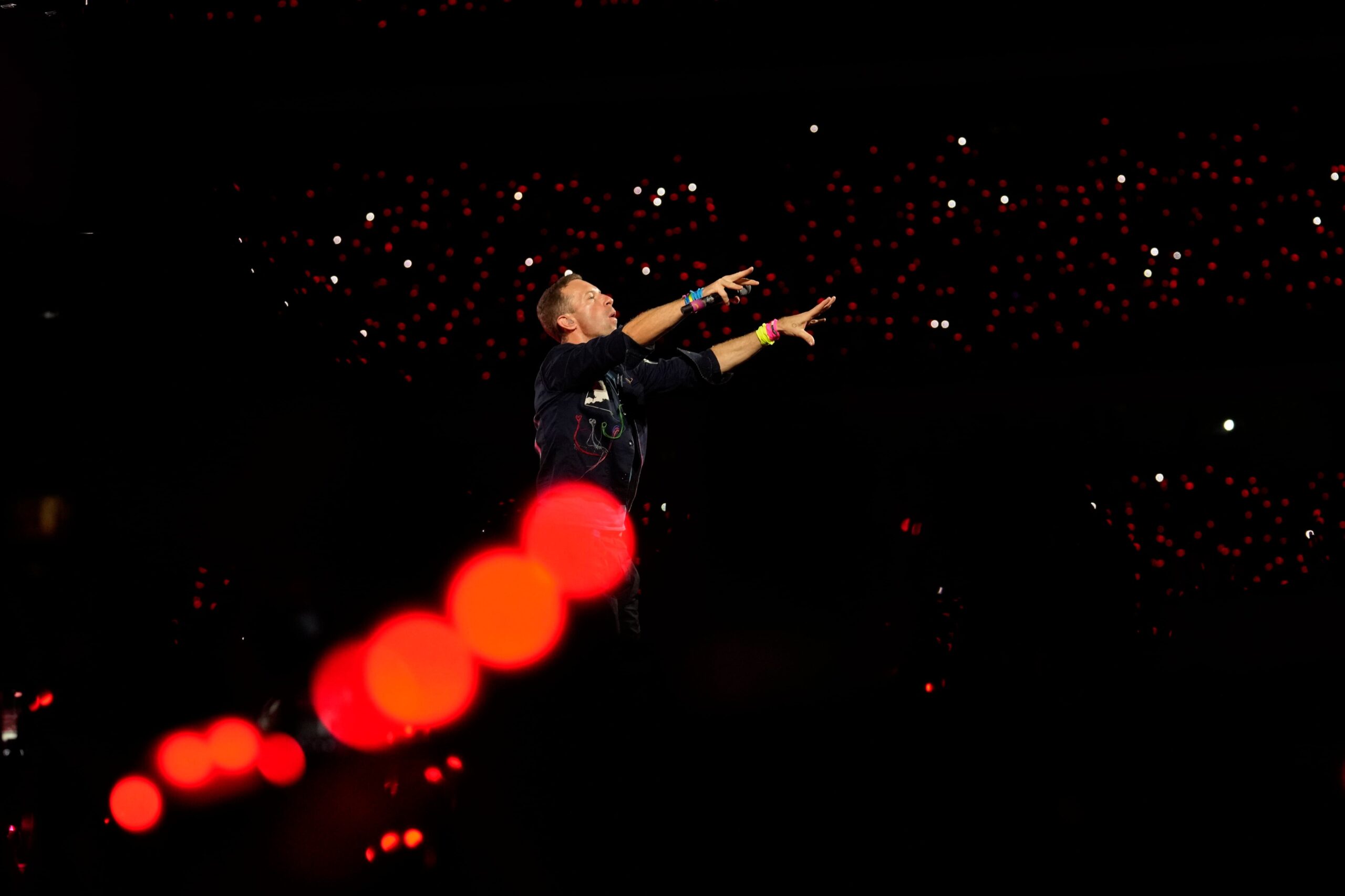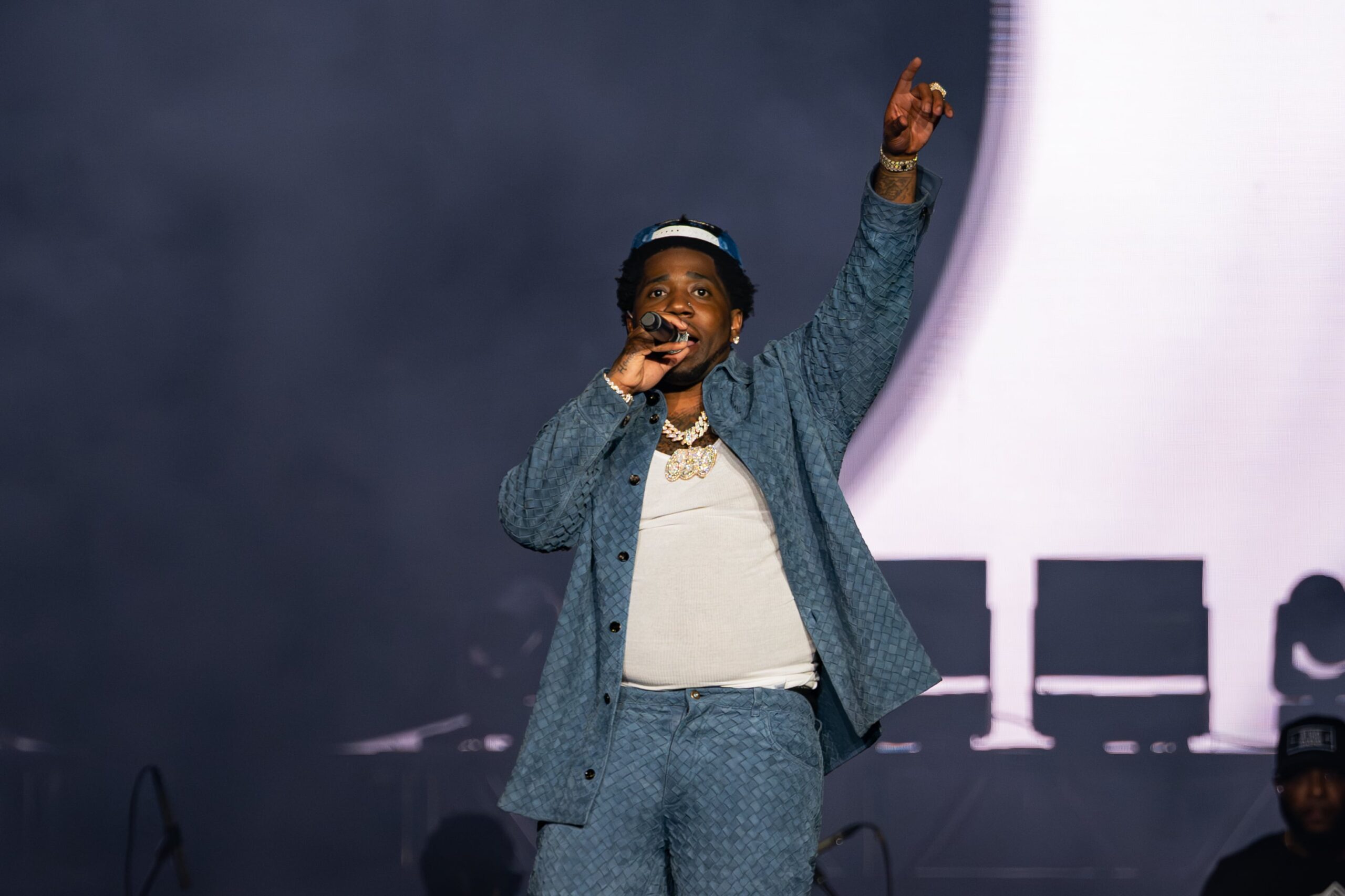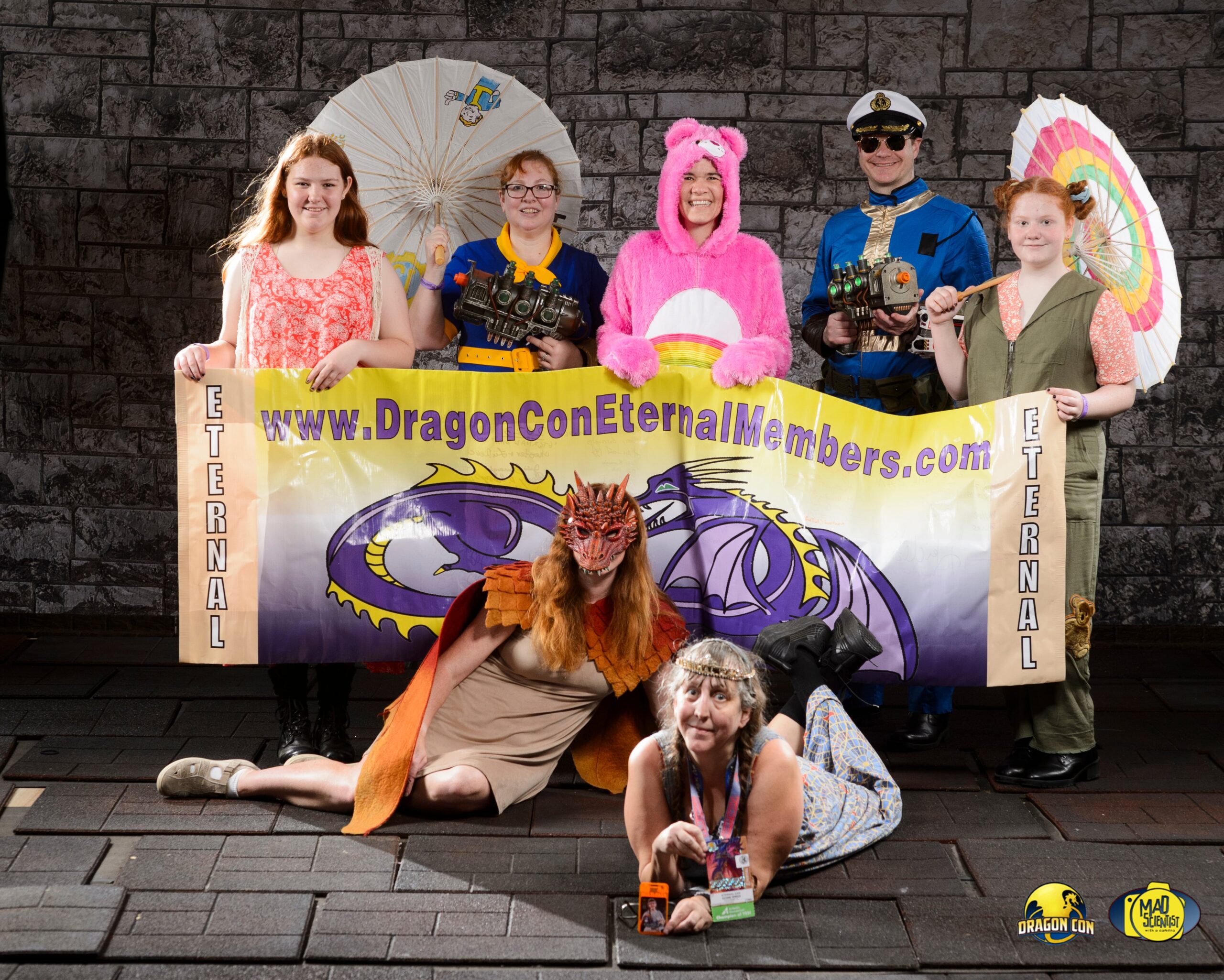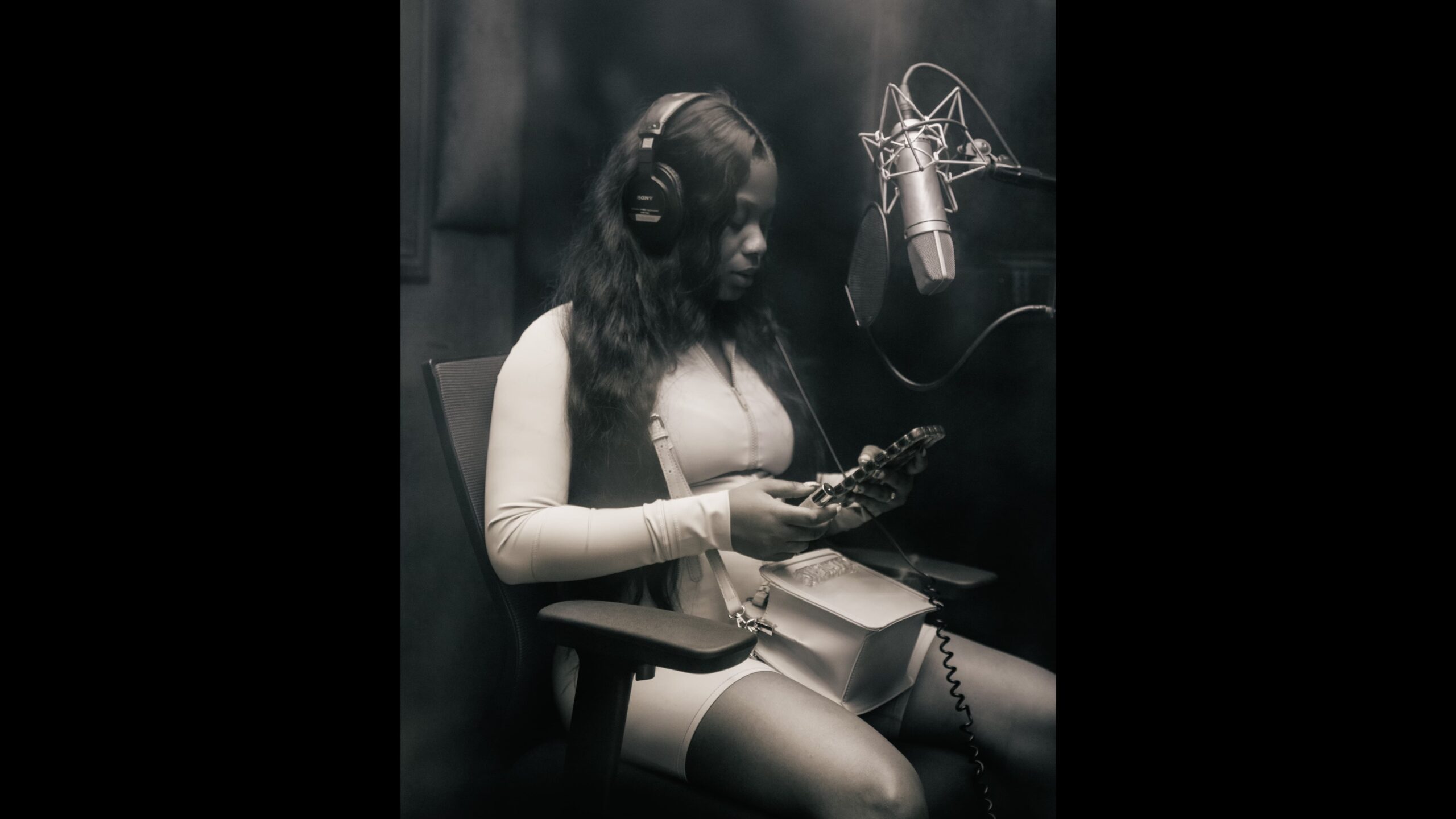The action was taken a day after the business announced that Byron had been put on leave and that the board of directors had opened a formal investigation into the viral jumbotron incident. on a subsequent statement to AP, a corporate representative verified that the person on the video was Kristin Cabot, the chief people officer for Byron and Astronomer.
The brief video footage features Byron and Cabot during a Coldplay performance on Wednesday at Gillette Stadium in Foxborough, Massachusetts, as seen on the jumbotron.
When Chris Martin, the lead vocalist, sings a few lines about the people the camera settles on, he asks the cameras to look around the audience for his Jumbotron Song.
He joked, “They’re either having an affair or they’re just really shy.”
Internet detectives determined that the woman was the chief people officer and the man was the CEO of a corporation situated in the United States.
Astronomer’s cofounder and chief product officer, Pete DeJoy, has been appointed as the company’s acting CEO while it looks for Byron’s replacement.
Most concert venues warn attendees that they can be filmed
Most musical venues have signs alerting the crowd that they may be videotaped while the event is happening, but it’s easy to miss. When you get there, look for them on the walls and near the restrooms or bar areas. It’s standard procedure, particularly when bands enjoy using their performances in concert films or music videos.
The venue in this instance, Gillette Stadium in Foxborough, also has an online privacy policy that reads as follows: We may record your image, voice, and/or likeness when you visit our location, attend an event there, or participate in it. This may happen through the use of CCTV cameras and/or when we film or take pictures of you in a public setting.
Once captured, a moment can be shared widely
If they hadn’t reacted, they most likely would have gotten away with it, according to clinical associate professor Alison Taylor of New York University’s Stern School of Business. She said that by the time the purported identities surfaced on social media, it struck a classic chord about leaders behaving as though the norms don’t apply to them.
However, Taylor and others emphasize how a video like this may immediately spark an online search to identify the individuals involved and stress that it’s crucial to keep in mind that doxing isn’t limited to celebrities. Nowadays, it’s easier and faster to locate almost anyone in a viral video because to technology advancements like the growing use of artificial intelligence. This goes beyond someone merely noticing a familiar face and sharing the word.
According to Mary Angela Bock, an associate professor at the University of Texas at Austin’s School of Journalism and Media, “it’s a little unsettling how easily we can be identified with biometrics, how our faces are online, how social media can track us, and how the internet has gone from being a place of interaction to a gigantic surveillance system.” When you stop to think about it, our social media is monitoring us. In return for keeping us entertained, they are tracking us.
_____
Wyatte Grantham-Philips, a New York-based AP Business Writer, contributed to this report.






